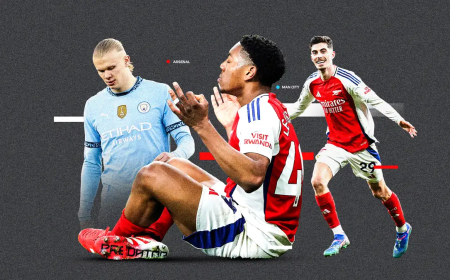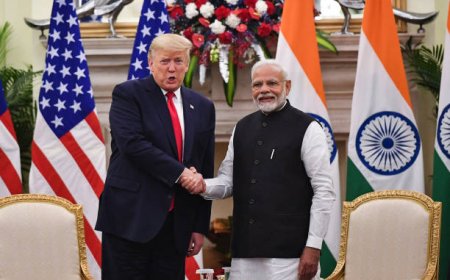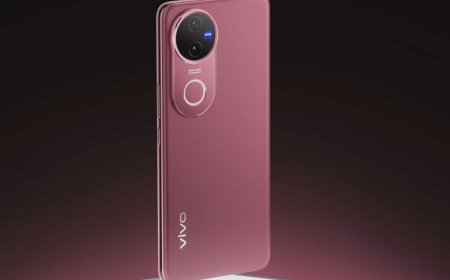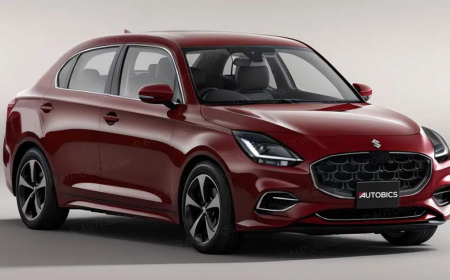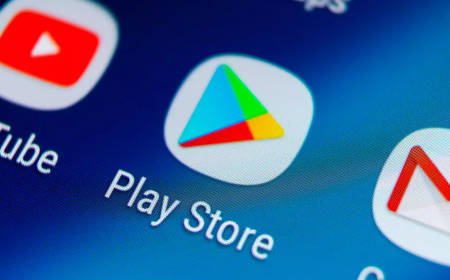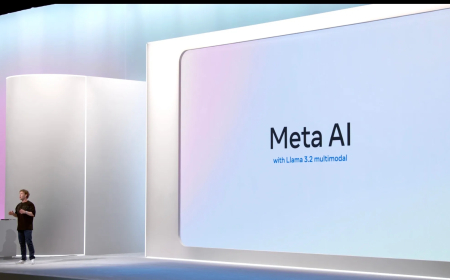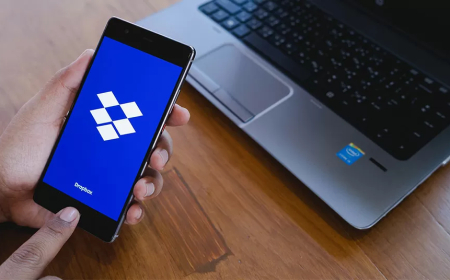Google Prepares Play Store for Future XR Headsets Despite Halting Sales
Although Google has ceased selling VR headsets, it is actively preparing its Play Store for future XR headset support, signaling a renewed interest in the virtual reality market.
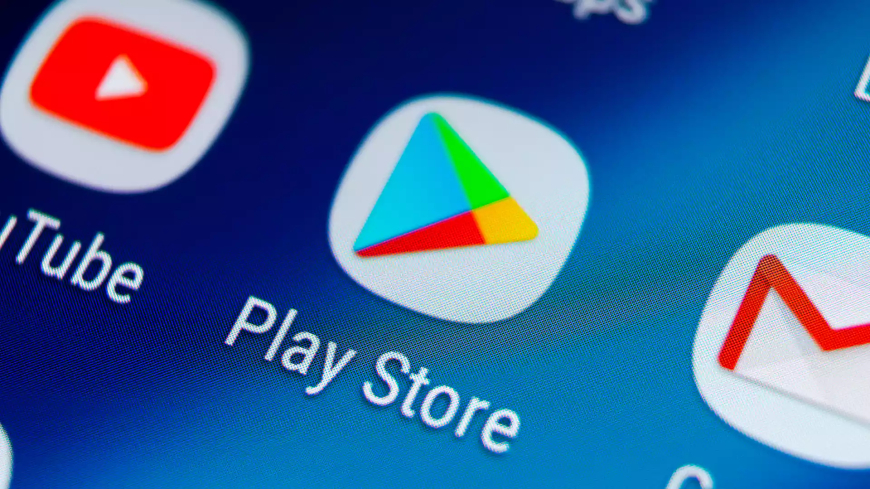
Google is taking significant steps to prepare its Play Store for the potential future use of XR headsets, despite the company's retreat from physical hardware sales. Recent code analyses have revealed indications that Google is laying the groundwork for app compatibility with XR (extended reality) devices, which encompass virtual reality (VR), augmented reality (AR), and mixed reality technologies.
Despite not currently selling headsets, Google's intent to integrate support for XR devices into its Play Store reflects an evolving strategy to reclaim a foothold in the immersive technology space. Insights from Android Authority suggest that the Play Store's latest updates enable apps to detect compatibility with XR hardware, much like existing support for smartphones and tablets. This foundational preparation points towards an impending resurgence of interest in XR platforms at Google.
Historically, Google has had a tumultuous relationship with VR technology. Its earlier ventures, such as Google Cardboard and Daydream, were innovative yet ultimately lackluster in lasting impact, leading to a withdrawal from the VR hardware market. However, indications of renewed investment in XR capabilities signify a strategic pivot aimed at maximizing the potential of immersive experiences within its software ecosystem.
The forthcoming XR headset compatibility could present opportunities for developers and consumers alike. As Google seeks to broaden the appeal of XR, a robust catalog of applications will be essential for attracting users to new devices. This effort aligns with ongoing collaborations between Google and other industry players, such as Samsung and Qualcomm, aimed at introducing new hardware in the coming years.
In addition to preparing the Play Store, Google’s renewed focus on XR reflects broader market trends where tech giants are vying for leadership in immersive technologies. Competitors like Meta and Apple are already making significant investments to establish their claims in the AR and VR markets. By proactively preparing its software infrastructure for XR headsets, Google aims to position itself advantageously in an increasingly crowded landscape.
As developments unfold, more information is expected regarding Google's plans for launching compatible hardware and expanding XR application offerings. The Play Store's readiness for XR applications represents a crucial step towards integrating immersive technology into everyday user experiences, potentially making these technologies more mainstream as they become more accessible and versatile.
In conclusion, while Google may have stepped back from selling headsets, the proactive measures taken to prepare the Play Store for XR devices suggest that the company remains committed to exploring the possibilities of immersive technology. The success of these preparations will ultimately depend on how effectively Google can align its software support with future hardware offerings and capitalize on emerging trends in the rapidly evolving XR market.












